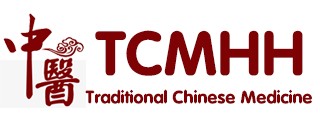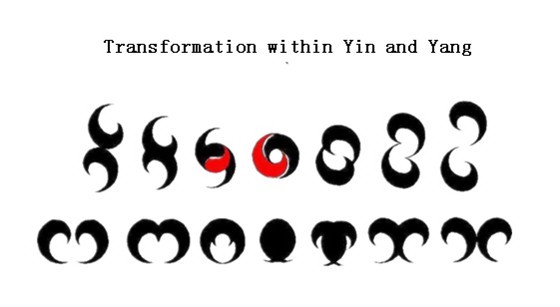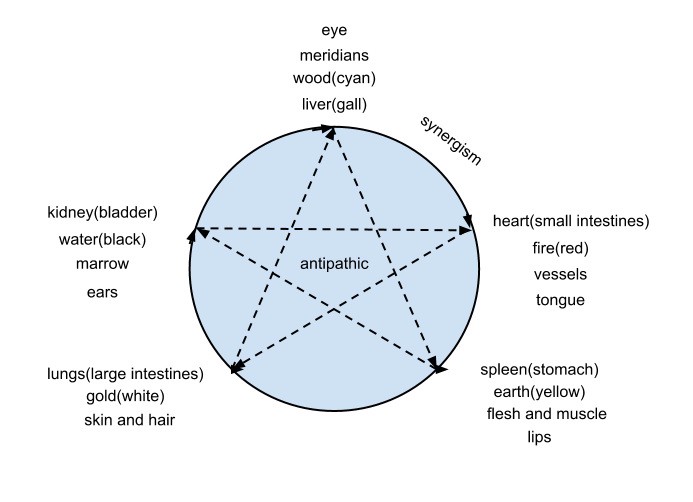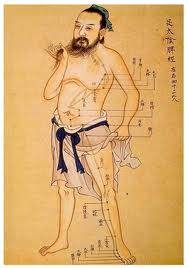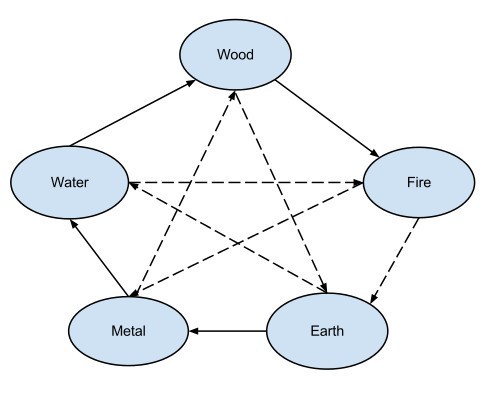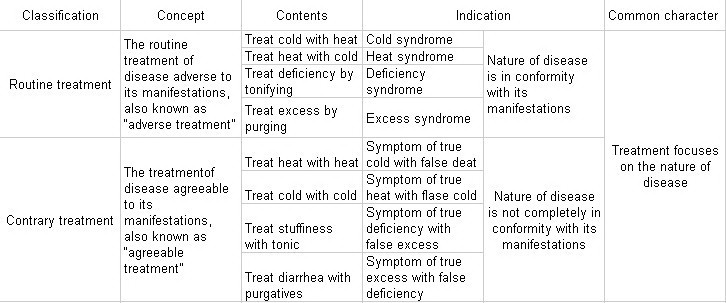Diet is indispensable to human existence and is the main route for human being to obtain nutrient substances from the natural world. However, the intake of food has to follow certain rules. If the diet is improper, it may impair the body and become pathogenic factors.
Improper diet includes three aspects: starvation and overeating, unhygienic food and food partiality.
Starvation and overeating
Starvation refers to two different things: prolonged lack of food and protracted insufficient intake of food.
Prolonged lack of food cannot provide the body with enough nutrient substance, leading to insufficient production of qi and blood and sudden decline of the viscera functions with the manifestations of dizziness and lassitude of the four limbs or even death in severe cases.Protracted insufficient intake of food will lead to malnutrition, deficiency of qi and blood, weakness of the body, susceptibility to invasion of pathogenic factors and various diseases.
Overeating means two different things: crapulence and protracted excessive intake of food. Crapulence impairs the spleen and stomach because the food taken is beyond the normal functions of the spleen and stomach to digest, transport and transform, leading to gastric and abdominal distension and fullness, eructation wrth fetid and acid odor, anorexia, vomiting and diarrhea, etc. In severe cases the intestinal and gastric vessels and collaterals will be impaired, causing abdominal pain or hemorrhoid bleeding, etc. Protracted excessive intake of food will bring on superutrition, delayed transformation of qi and failure of the nutrients of food and water to transform into qi and blood. Instead, the nutrients of food and water turn into phlegm and accumulate in the body to hinder the flow of qi and blood, leading to obesity, dizziness,palpitation and chest oppression; or transforming dampness into heat to invade the vessels and causing abscess, carbuncle, sores and ulcers, etc.
Unhygienic diet
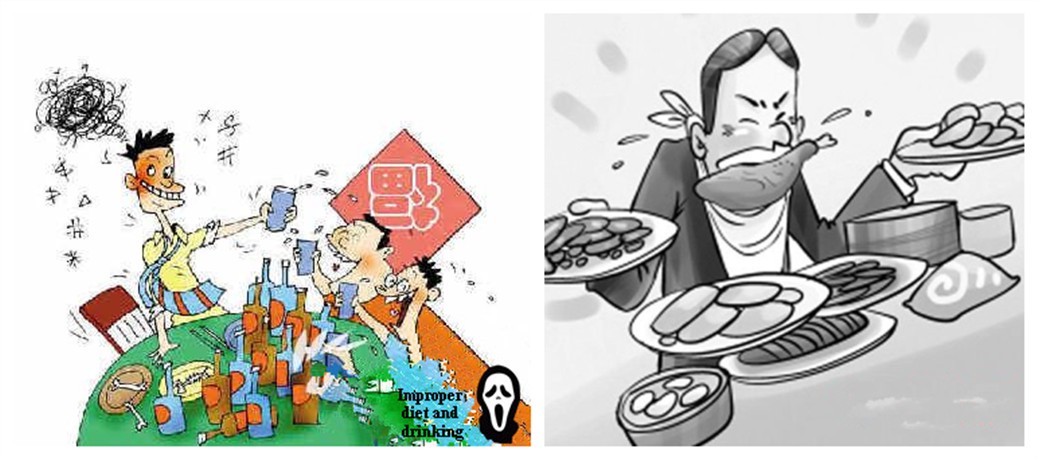
This refers to eating unclean food, such as taking food gone bad, polluted by pestilent evils, parasites or mistaken intake of poisonous food. Ingestion of food that has gone bad can cause gastric and abdominal pain, nausea and vomiting, diarrhea with borborygmus or dysentery. Taking food polluted by parasites can cause various verminosises, usually manifested as occasional abdominal pain, addiction of singular things, emaciation with sallow complexion etc. If food contaminated by epidemic toxin is taken, infectious diseases will occur. If food polluted by poisonous things or poisonous food is taken, food poisoning will occur.
Diet predilection
This refers to the phenomenon that diseases can start due to the liking of foods with certain tastes or specially eating certain foods, including predilection for cold or hot food, or predilection for one of the five tastes or predilection for alcohol.
1. Predilection for cold or heat
Excessive intake of cold food can impair the yang qi of the spleen and stomach, cold-dampness is thus produced internally, producing symptoms of abdominal pain and diarrhea. Partiality to spicy-hot food can impair the stomach yin due to the accumulation of heat in stomach and intestines, causing thirst, halitosis, abdominal distention and pain and constipation etc.
2. Predilection for the five tastes
Acid, bitter, sweet, pungent and salt tastes correspond to five viscera to some extent. Acid taste first enters the liver, bitter the heart, sweet the spleen, pungent the lungs and salt the kidney. Long time of preferring food with a certain taste can cause the preponderance of its corresponding viscera, thus causing disharmony among viscera.
3. Predilection for alcohol
Liquors are cereal nutrients and hot in nature. Proper drinking can dredge blood vessels and relax tendons. Overdrinking can impair the spleen and stomach and produce internal dampness-heat. Clinical manifestations include abdominal fullness and distention, anorexia, bitter and greasy taste in the mouth, thick and greasy tongue coating ect .
4. Predilection for one type of food
It refers to a long period of special taking of some foods or not taking some foods, or lack of certain food. This can cause diseases due to excess or lack of some foods. For example, long time of excessive ingesting rich foods can lead to production of phlegm and transformation of heat, causing obesity, vertigo, stroke and consumptive thirst and so on. Prolonged lack of taking some nutrients (such as vitamine A, calcium and iodin) can cause night blindness, rachitis, goiter and tumor.
